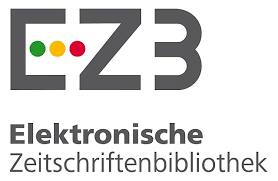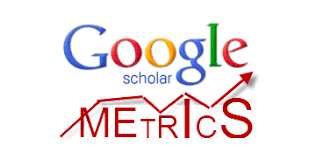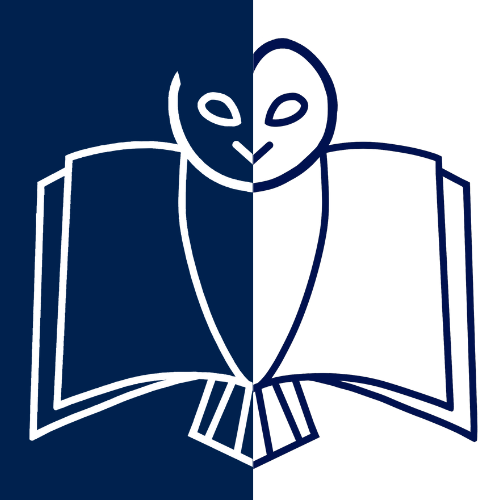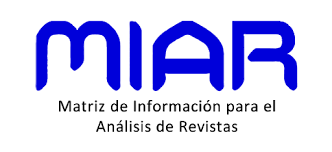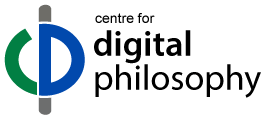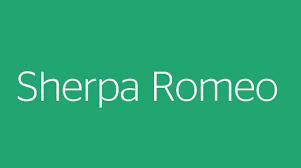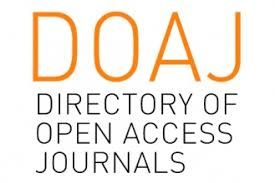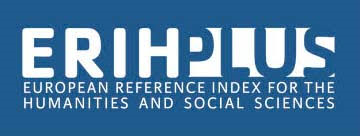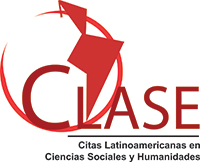Opacidade literária como conhecimento literário
DOI:
https://doi.org/10.15448/1984-6746.2022.1.40357Palavras-chave:
Filosofia da Literatura, Opacidade narrativa, Conhecimento literário, KafkaResumo
O objetivo geral desta contribuição é elucidar um dilema envolvido no debate sobre a relação entre o conhecimento teórico-prático e o valor estético da literatura. Para atingir esse objetivo, são analisados os argumentos defendidos por Peter Lamarque contra a redução epistêmica do valor literário. Em primeiro lugar, mostra-se que a defesa do valor cognitivo da literatura não necessariamente implica um compromisso com uma teoria proposicional do valor estético da literatura. Em segundo, que o que determina o valor estético da literatura é a forma específica com que ganha a “batalha pelas ideias”. Portanto, segundo esta interpretação desse dilema, a opacidade narrativa não só não exclui de maneira alguma o nosso conhecimento de mundo, como a forma específica de conhecimento literário que ela constitui é o que explica o valor estético das obras literárias.
Downloads
Referências
ABRAMS, Meyer Howard. The mirror and the lamp. Oxford: Oxford University Press, 1971.
ALTHUSSER, Louis. Deux lettres de la connaissance sur l’art. La Nouvelle Critique, Paris, n. 175, p. 136-146, abr. 1966.
CROFT, William; CRUSE, Alan. Cognitive Linguistics. Cambridge: Cambridge University Press, 2004. DOI: https://doi.org/10.1017/CBO9780511803864
CURRIE, Gregory. The nature of fiction. Cambridge: Cambridge University Press, 1990.
FRIEND, Stacie. Imagining in fact and fiction. In: STOCK, Kathleen; THOMSON-JONES, Katherine (ed.). New waves in Aesthetics. New York: Palgrave MacMillan, 2008. p. 150-169. DOI: https://doi.org/10.1057/9780230227453_8
FRIEND, Stacie. Fiction and emotion: The puzzle of divergent norms. The British Journal of Aesthetics, Oxford, v. 60, n. 4, p. 403-418, out. 2020. DOI: https://doi.org/10.1093/aesthj/ayaa010
GARCÍA-CARPINTERO, Manuel. Relatar lo ocurrido como ficción: Una introducción a la filosofía de la ficción contemporánea. Madrid: Cátedra, 2016.
HERNÁNDEZ, Felisberto. La casa inundada. In: HERNÁNDEZ, Felisberto. Los mejores cuentos. Montevideo: Ediciones de la Banda Oriental, 2013. p. 116-140.
LAMARQUE, Peter. How can we fear and pity fictions? The British Journal of Aesthetics, Oxford, 1981, v. 21, n. 4, p. 291-304, abr. 1981. DOI: https://doi.org/10.1093/bjaesthetics/21.4.291
LAMARQUE, Peter. The opacity of narrative. London: Rowman & Littlefield, 2014.
LAMARQUE, Peter. On not being too formalistic about aesthetic value. Journal of Comparative Literature and Aesthetics, Cuttack, v. 43, n. 1, p. 1-10, 2020.
LAMARQUE, Peter; OLSEN, Stein Haugom. Truth, fiction, and literature. Oxford: Clarendon Press, 1994.
LEVRERO, Mario. El discurso vacío. Montevideo: Trilce, 2004.
MATRAVERS, Derek. Fiction and narrative. Oxford: Oxford University Press, 2014. DOI: https://doi.org/10.1093/acprof:oso/9780199647019.001.0001
MINSKY, Marvin. The society of mind. New York: Simon & Schuster, 1988. DOI: https://doi.org/10.21236/ADA200313
NIETZSCHE, Friedrich. Sobre verdade e mentira. Tradução de Fernando de Moraes Barros. São Paulo: Hedra, 2007.
PUTNAM, Hilary. Meaning and the moral science. New York: Routledge, 2010.
REY ASHFIELD, William; RUGNITZ COSTA, Natalia. Belleza eidética: Lo clásico y lo moderno en el platonismo de Joaquín Torres García. Atrio, Sevilla, n. 25, p. 241-257, 2019. DOI: https://doi.org/10.46661/atrio.4441
WALTON, Kendall. Mimesis as make-believe: On the foundations of representational arts. Cambridge: Harvard University Press, 1990. DOI: https://doi.org/10.2307/2108134
Downloads
Publicado
Como Citar
Edição
Seção
Licença
Copyright (c) 2022 Veritas (Porto Alegre)

Este trabalho está licenciado sob uma licença Creative Commons Attribution 4.0 International License.





